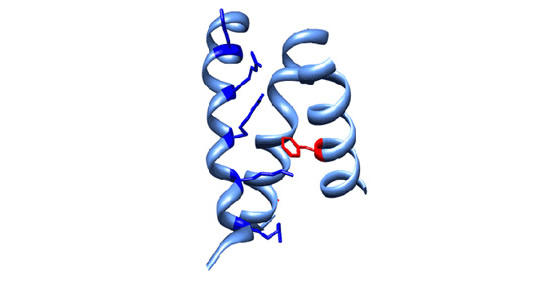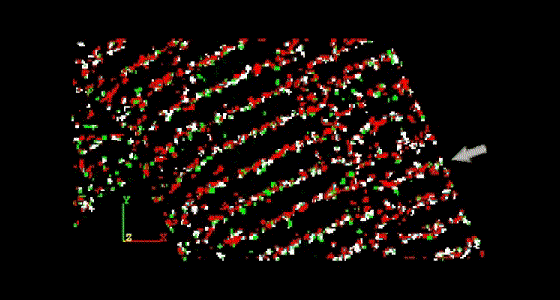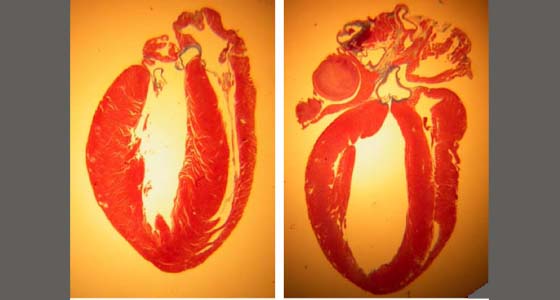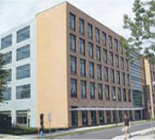
CRG Handout
This handout is designed to introduce and illustrate the research happening within the LSI Research Groups.

Cardiovascular Research Group
The Cardiovascular Research Group is studying how the heart generates and maintains its regular beat, and controls its force of contraction. About Primary Members

Kehl Lab:
From the many types of K channels that exist we have chosen to focus on voltage-gated K+ channels.

Fedida Lab:
The central aim of the experimental and modeling work in my laboratory is to develop an in-depth understanding of the ionic mechanisms and underlying cell biology that mediate normal and pathological electrogenesis and mechanical function within the myocardium.

Van Petegem Lab
Calcium ions play crucial roles in our bodies: they shape part of the cardiac action potential, mediate contraction of both cardiac and skeletal muscle, allow for the release of neurotransmitter and hormones, and regulate gene transcription, cell motility and much more.

Accili Lab
We are studying proteins that enable the heart to initiate its own rhythm independently of the nervous system.

Ahern Lab
We are interested in voltage-gated sodium channels as regulators of electrical excitability in the cells of nerve and muscle.

Moore Lab
We are studying the mechanisms which control excitation-contraction coupling in muscle cells.

Kurata Lab
Harley Kurata Kurata Lab We study regulatory mechanisms of inwardly-rectifying potassium (Kir) channels. Current research is aimed towards identifying novel interactors and regulators of channel function, and investigating the detailed mechanisms of Kir channel gating and blockade.

Johnson Lab:
The Laboratory of Molecular Signalling in Diabetes is a dynamic team of individuals focused on understanding the causes of type 1 and type 2 diabetes at a molecular level.
 Life Sciences Centre
Life Sciences Centre
2350 Health Sciences Mall
Vancouver, British Columbia
Canada V6T 1Z3
Resources
A group of world-class, interdisciplinary scientists are researching cardiovascular disease, with particular focus on arrhythmia, atrial fibrillation and heart failure.
Gifts from friends, alumni and other community members enable the University of British Columbia to carry out many outstanding research projects 

